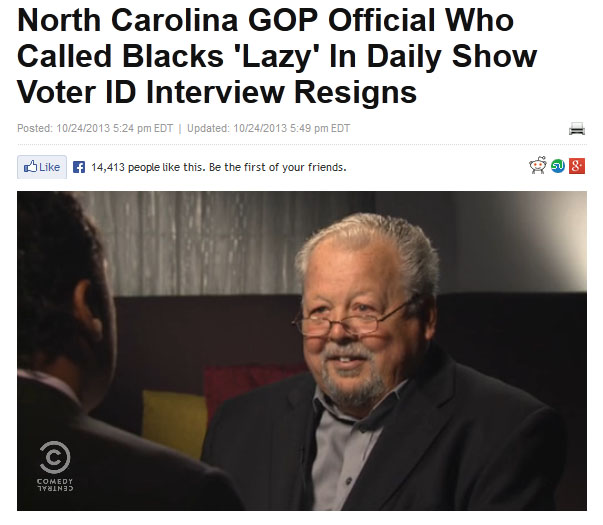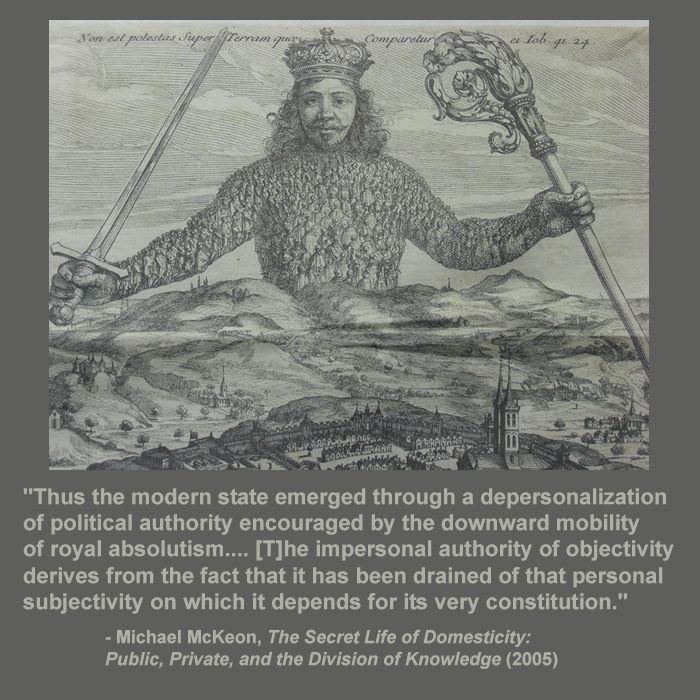
By Stephen S. Bush
Stephen S. Bush is an associate professor of religious studies at Brown University. He is the author of Visions of Religion: Experience, Meaning, and Power, and he is presently working on a book on William James’s political philosophy and philosophy of religion.This guest blog is a response to Craig Martin’s recent post.
In Visions of Religion, I critically engage the three most prominent theoretical approaches to the study of religion in the past hundred or so years, which prioritize respectively experience, meaning, and power. I embrace key insights from all three schools of thought, but I correct them all on important points. I integrate the valuable contributions of each into a theory of religion according to which religion is a matter of social practices.
According to Craig Martin, in my book, I frequently leave off reasoned argumentation. He says I make undefended assertions that have no other basis than how I “feel.” Or perhaps, he says, the problem is not with my personal preferences, it’s with him. He is, he tells us, an outsider to religious studies. I can afford to make undefended assertions, because the rest of the field unquestioningly buys into my assumptions, which are those of the “status quo.” From his vantage point, he can see them as the unexamined prejudices they are. Continue reading “Reply: Reasons and Objectivity in the Study of Religion”

 Yesterday, in
Yesterday, in  As I tried to suggest in a
As I tried to suggest in a  There’s been a series of commentaries online recently on the topic of using the term “data” when naming the (what shall we call “it”?) …, stuff that we, as scholars, study — commentaries driven by worries, in many cases, that this word erases the inherent worth and humanity of the people so named. The members of Culture on the Edge tackled this topic both
There’s been a series of commentaries online recently on the topic of using the term “data” when naming the (what shall we call “it”?) …, stuff that we, as scholars, study — commentaries driven by worries, in many cases, that this word erases the inherent worth and humanity of the people so named. The members of Culture on the Edge tackled this topic both 
 Read
Read